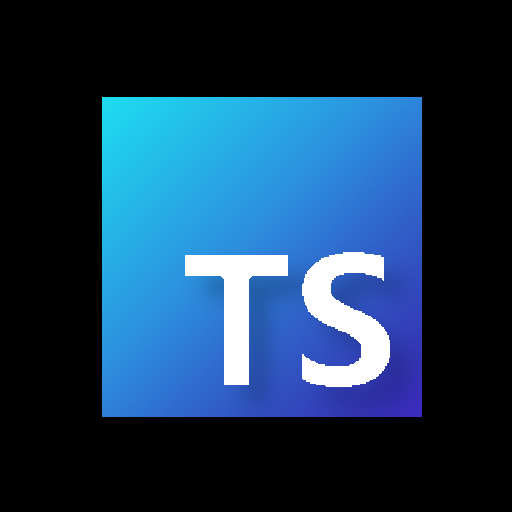

Yes, this pattern is covered in my post on algebraic data types (linked at the start of the object algebras post.) The problem you mention about adding new data variants is exactly what object algebras solves. With object algebras data and functions are only co-located at the smallest possible granularity, so the desired functions and the desired data types can be composed as needed.

lemmy seems to have lost my response to this, so I’ll type it again and hope that it doesn’t show up twice
There’s three separate issues here:
The ability to express multi-sorted algebras
The ability to extend algebras with new sorts
The ability to extend a single sort of an algebra with new variants
For point 1, object algebras do support this even though I didn’t show it in the post:
interface ExprAlg<Num, Bool> { lit: (value: number) => Num; add: (left: Num, right: Num) => Num; eq: (left: Num, right: Num) => Bool; iff: (interrogee: Bool, then: Num, els: Num) => Num; } const evaluate: ExprAlg<number, boolean> = { lit: (value) => value, add: (left, right) => left + right, eq: (left, right) => left === right, iff: (interrogee, then, els) => interrogee ? then : els } function makeExample<Num, Bool>(alg: ExprAlg<Num, Bool>): Num { return alg.iff( alg.eq( alg.add(alg.lit(2), alg.lit(2)), alg.lit(4)), alg.lit(1), alg.lit(2)) } console.log(makeExample(evaluate)); // prints 1For point 2, you are correct that the original Java formulation of object algebras does not support data sort extensibility. I haven’t tried to see if TS’s more powerful generics change this or not.
For point 3, consider what happens if you want to add a new variant to the data type. In this case, add a
Multvariant for multiplication. With GADTs this is not possible without modifying or duplicating the existing evaluation code, but I can do it with object algebras:type ExtendedExprAlg<Num, Bool> = ExprAlg<Num, Bool> & { mult: (left: Num, right: Num) => Num; } const extendedEvaluate: ExtendedExprAlg<number, boolean> = Object.assign({}, evaluate, { mult: (left: number, right: number) => left * right }) function makeExtendedExample<Num, Bool>( alg: ExtendedExprAlg<Num, Bool>): Num { const one = alg.mult(alg.lit(1), alg.lit(1)); return alg.iff( alg.eq(one, makeExample(alg)), alg.lit(3), alg.mult(alg.lit(2), alg.lit(2)) ) } console.log(makeExtendedExample(extendedEvaluate)); // prints 3This is the point of object algebras. ADTs and GADTs can’t do this out of the box; this is the essence of the expression problem and is why more advanced techniques like final tagless encodings and datatypes a la carte exist.